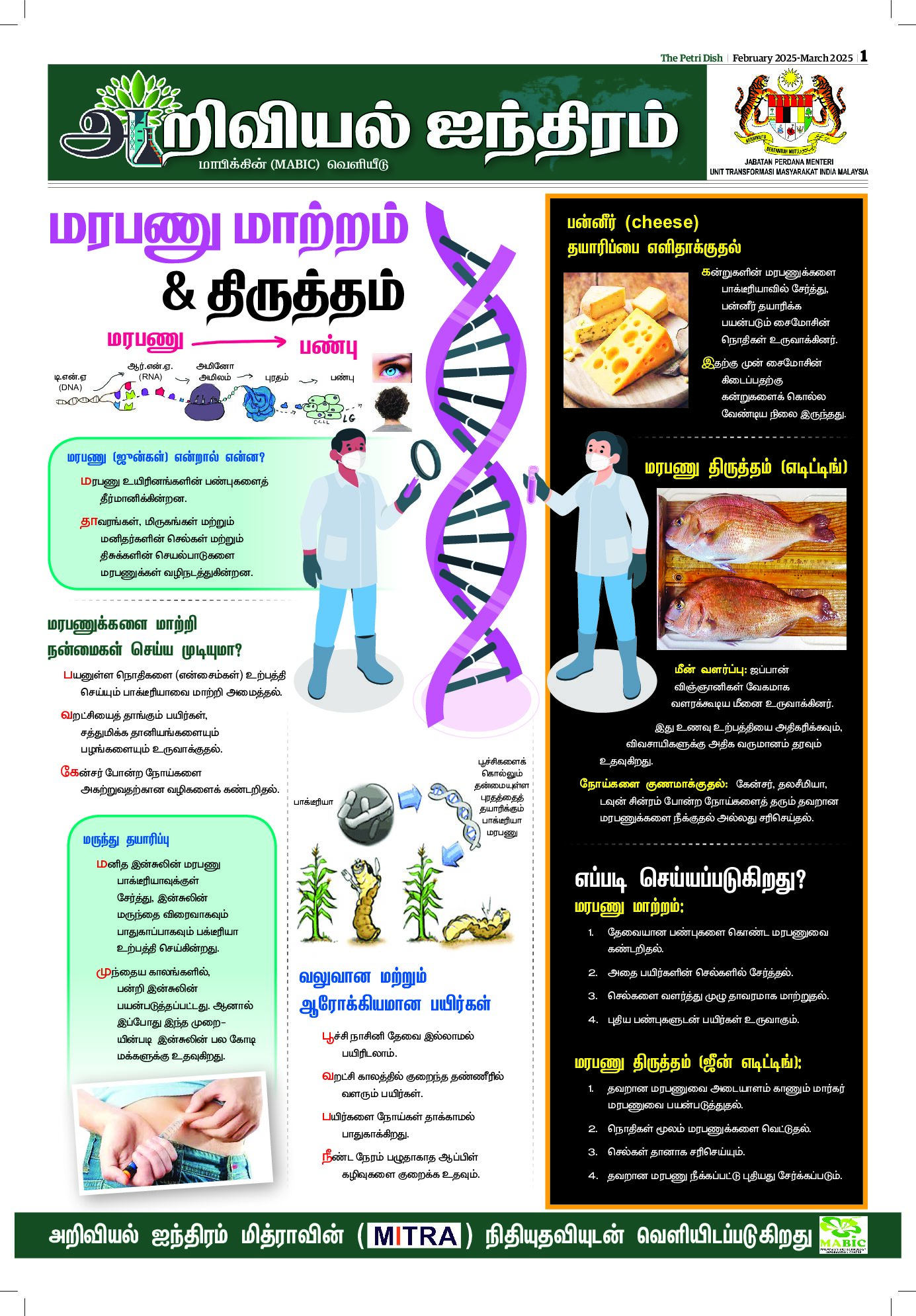
A POLICY BRIEF aimed at establishing methane governance in the country was recently launched during a seminar themed “Academic Research Promoting Transparency, Public Engagement, and Progress of Methane Emissions in Malaysia”.
In the seminar hosted in Kuala Lumpur, Dr Helena Varkkey, associate professor of Environmental Politics at the Department of International and Strategic Studies, Universiti Malaya, presented the brief titled “Promoting Progress on Methane Emissions Reductions in Malaysia.”
Varkkey who led the policy study said: “Malaysia became a signatory to the Global Methane Pledge (GMP) in 2021. We also heard the Prime Minister of Malaysia, Datuk Seri Anwar Ibrahim, affirming the country’s commitment to reduce methane emissions during the Energy Asia 2023 event last June.
“Notably, Malaysia’s two key revenue-generating sectors, palm oil and oil and gas (O&G) are equally major methane emitting sectors. However, we do not yet have comprehensive laws or policies governing methane to translate our GMP commitment into action,” she added.
“The policy brief aims to lay the groundwork for methane governance at a national level, analyse the gaps in methane mitigation and provide recommendations for a robust methane governance in the country,” said Varkkey.
 The 16-month policy study, funded by the Environmental Defense Fund (EDF), resulted in the publication of a 54-page book titled “Global Methane Pledge: A Review of Data, Policy, and Transparency in Reducing Methane Emissions in Malaysia” under the ISEAS-Yusof Ishak Institute.
The 16-month policy study, funded by the Environmental Defense Fund (EDF), resulted in the publication of a 54-page book titled “Global Methane Pledge: A Review of Data, Policy, and Transparency in Reducing Methane Emissions in Malaysia” under the ISEAS-Yusof Ishak Institute.
The formulation of the policy brief drew upon the content and findings presented in this book, in addition to a nationwide survey, and focus group discussions among stakeholders. This is a collaborative study between EDF, CERAH (an environmental civil society organisation), and Universiti Malaya.
Citing from the policy brief, Varkkey said Vietnam, Bangladesh, and Mexico have incorporated methane governance in their national climate frameworks. As a fellow GMP signatory, Malaysia is also expected to roll out its action plan. From the literature review that was carried out, sector- specific regulations focusing on methane emissions are either not present, vague or not publicly accessible in Malaysia.
As a fellow GMP signatory she added: “The government needs to clearly articulate a national direction for methane action. This move will allow corporations to receive clear directives from the government on the standards, technological innovation, incentives and partnerships to achieve methane abatement targets in line with the GMP.”
“To demonstrate progress at the corporation level improvements in quantification approaches and transparency of emissions data are important. The key finding on data transparency is the available methane datasets for Malaysia are challenging to compare, with methodologies not fully documented or transparent, with differences in reporting boundaries. We need better data for stronger action,” said Dr Matthew Ashfold, associate professor at the School of Environmental and Geographical Sciences, University of Nottingham Malaysia, who analysed the emissions dataset in this study.
The policy brief also stated that, from the perspective of public awareness, the study found there is generally low awareness among the Malaysian public of methane’s potency as a greenhouse gas (GHG). The team carried out a national public survey which received 427 questionnaire responses.
It showed more than half of the respondents (58%) were unaware of methane in the context of climate change. Public awareness on the high methane -emitting sectors in Malaysia is also lacking. In the survey, electricity generation was incorrectly thought to emit more methane in comparison to the leaks occurring along to the O&G supply chain.
Thus, based on the key findings, the policy brief outlines three recommendations to govern methane in Malaysia which are firstly, the government to clearly articulate a national direction for methane action, secondly corporations to improve quantification and transparency of methane emissions, thereby demonstrating progress and supporting governmental commitments, and thirdly civil society to highlight the strong co-benefits to air quality and health that arise from action on methane.
The seminar also featured parallel studies on methane management supported by EDF including one from Dr Mohd Talib Latif, professor of atmospheric chemistry and air pollution from Universiti Kebangsaan Malaysia, who is seeking to determine the national methane emissions baseline. He is looking into critical research gaps in current knowledge to quantify the concentration of methane emissions in Malaysia.
“Among the few critical gaps that we identified in quantifying methane emissions are; there is a huge gap of missing data due to operational issue in ground-based monitoring station, absence of established regulatory acts and guidelines for mandatory GHG reporting and limited usage of advanced technology to monitor emissions.”
“From our analysis, we observed the two main parameters used in Malaysia to quantify methane which are surface flux and ambient concentration,” noted Mohd Talib.
Surface flux is a method where a closed chamber is placed on the land and the concentration of gas inside the chamber will be measured. Ambient concentration is the measurement of a substance contained in an air sample.
Being an expert in mathematical modelling, associate professor Ir Dr Viknesh Andiappan from Swinburne University, Sarawak is carrying out another separate study to develop a systemic approach to evaluate the methane marginal abatement cost required for each potential emission abatement technology for Malaysia O&G sector.
“The first objective that we are trying to achieve is to define the baseline of methane emissions within the Malaysian oil and gas industry. It is crucial to determine a baseline for emissions to eventually evaluate the cost of abatement,” said Viknesh in his presentation.
“Our second objective is focused on developing a Marginal Abatement Cost (MAC) model for methane emissions in the O&G sector. The MAC model aims to provide analysis on the cost-effectiveness and economic viability of methane abatement approaches.”
The seminar was well attended by stakeholders from the government, corporate and civil society.









